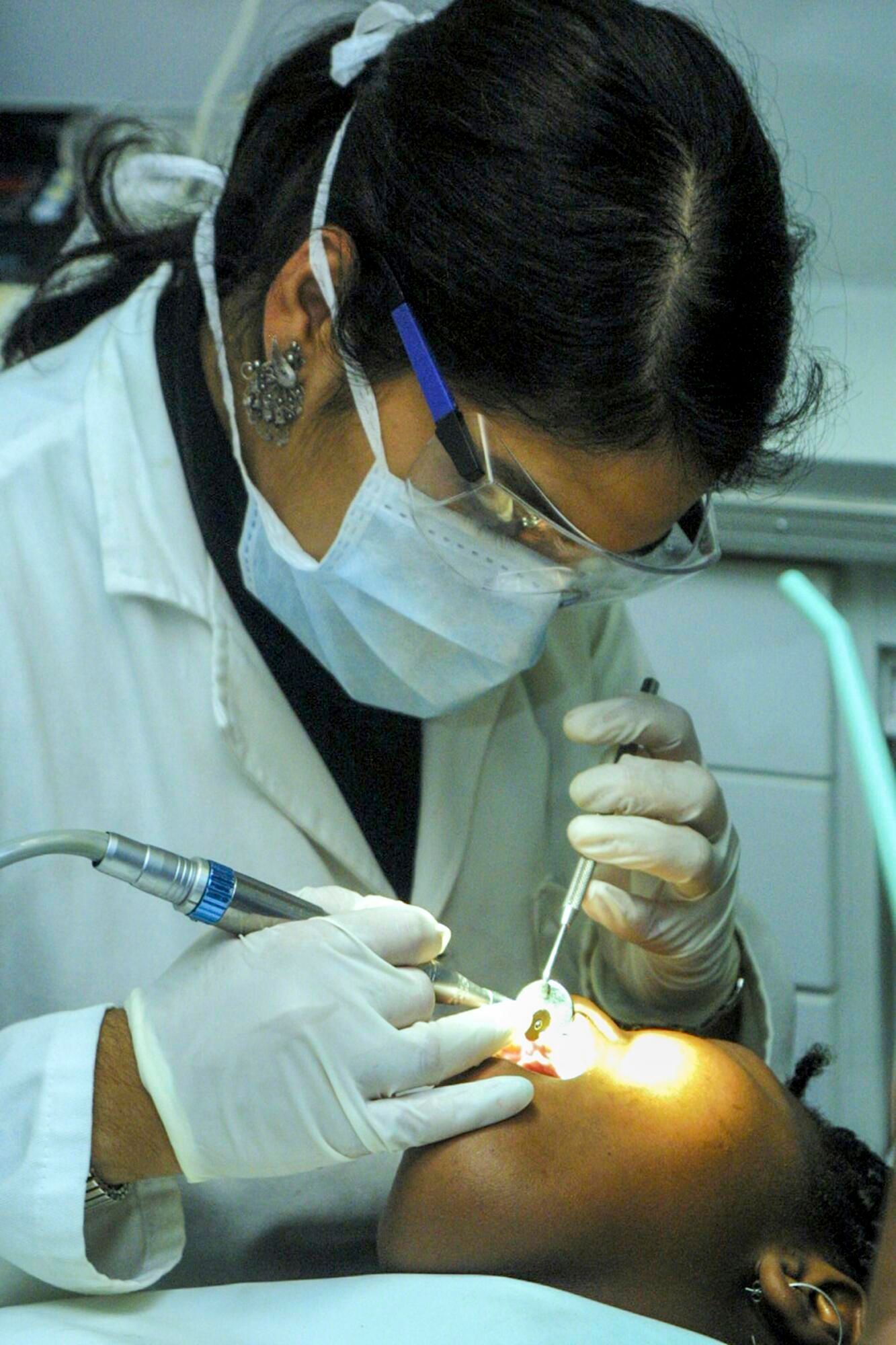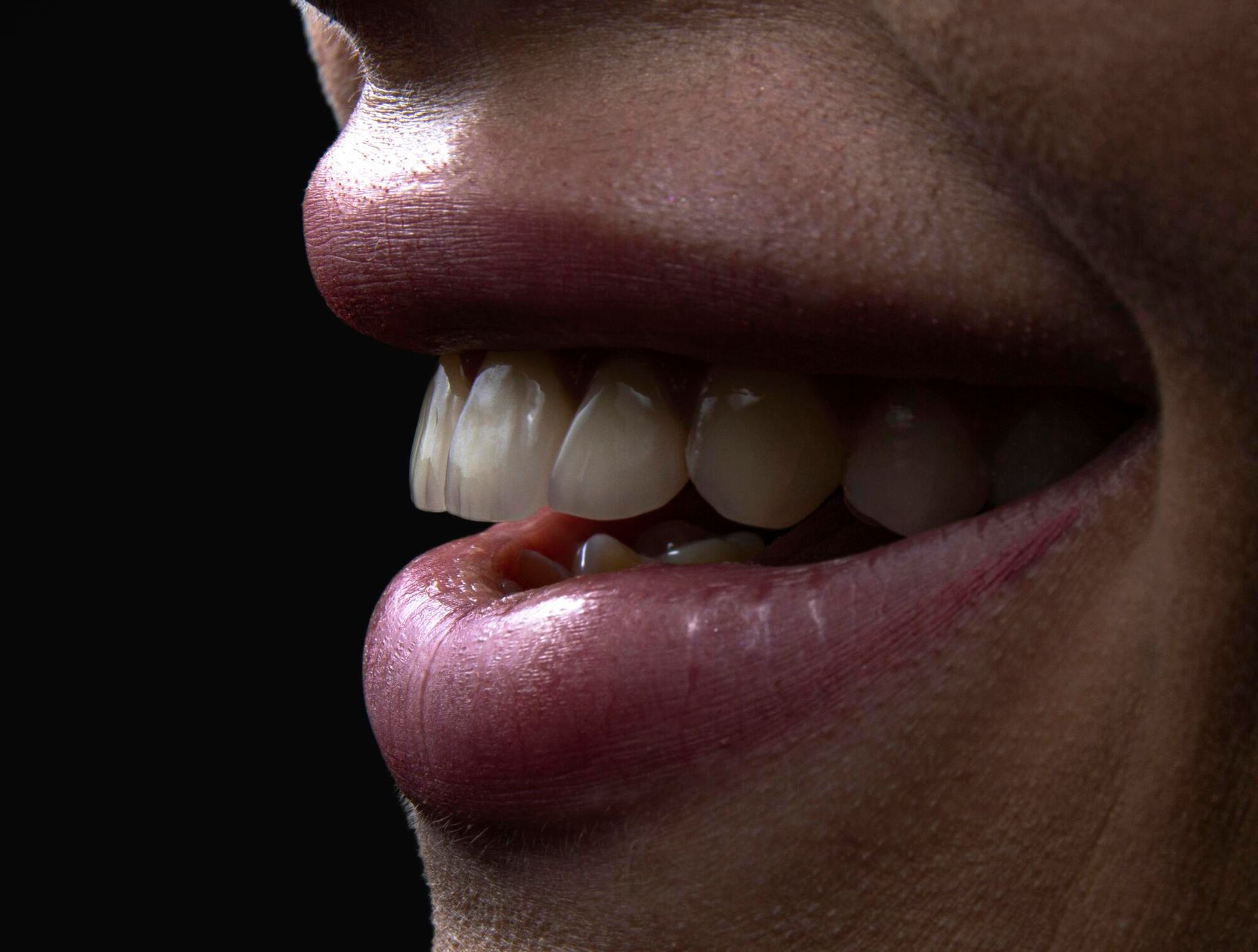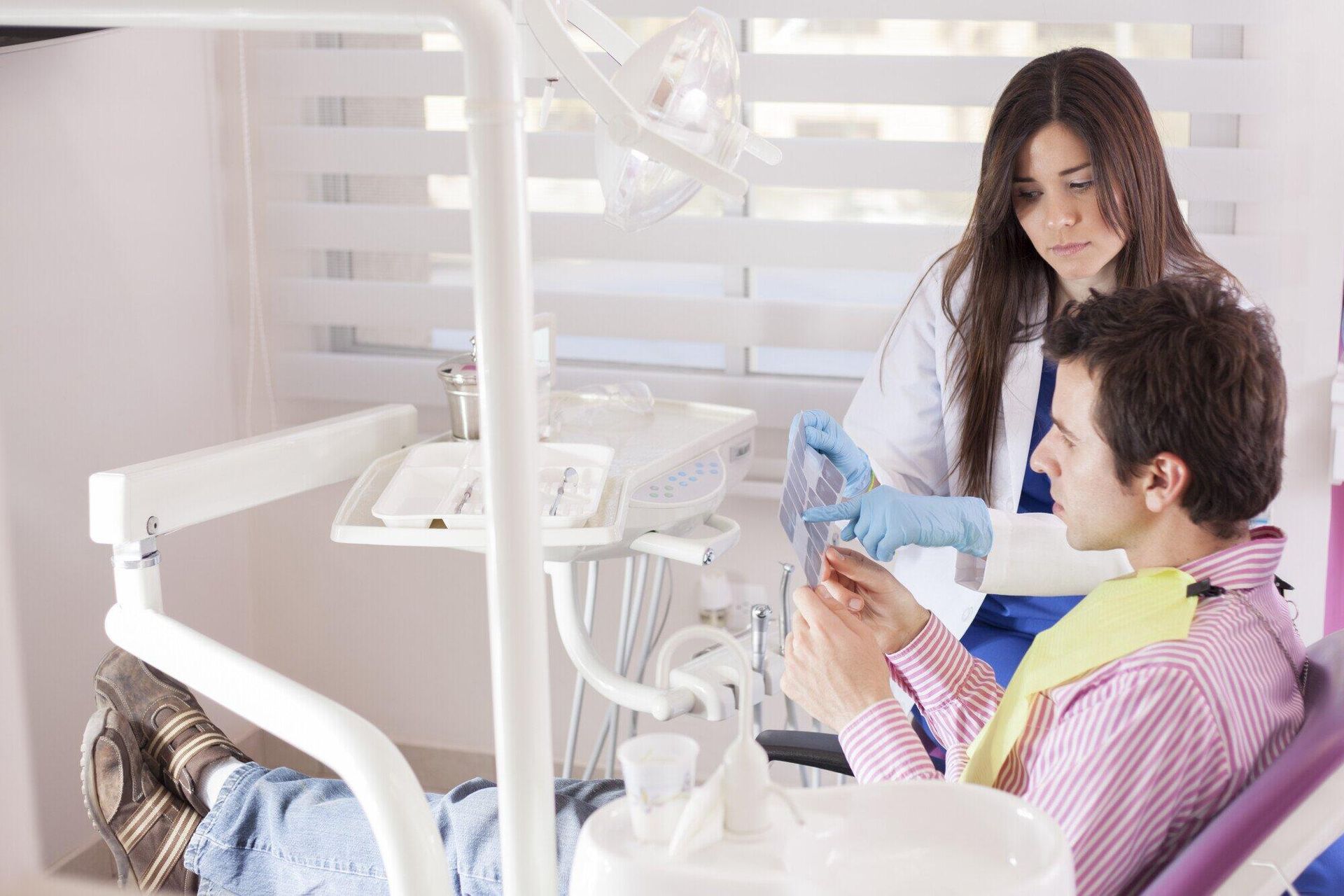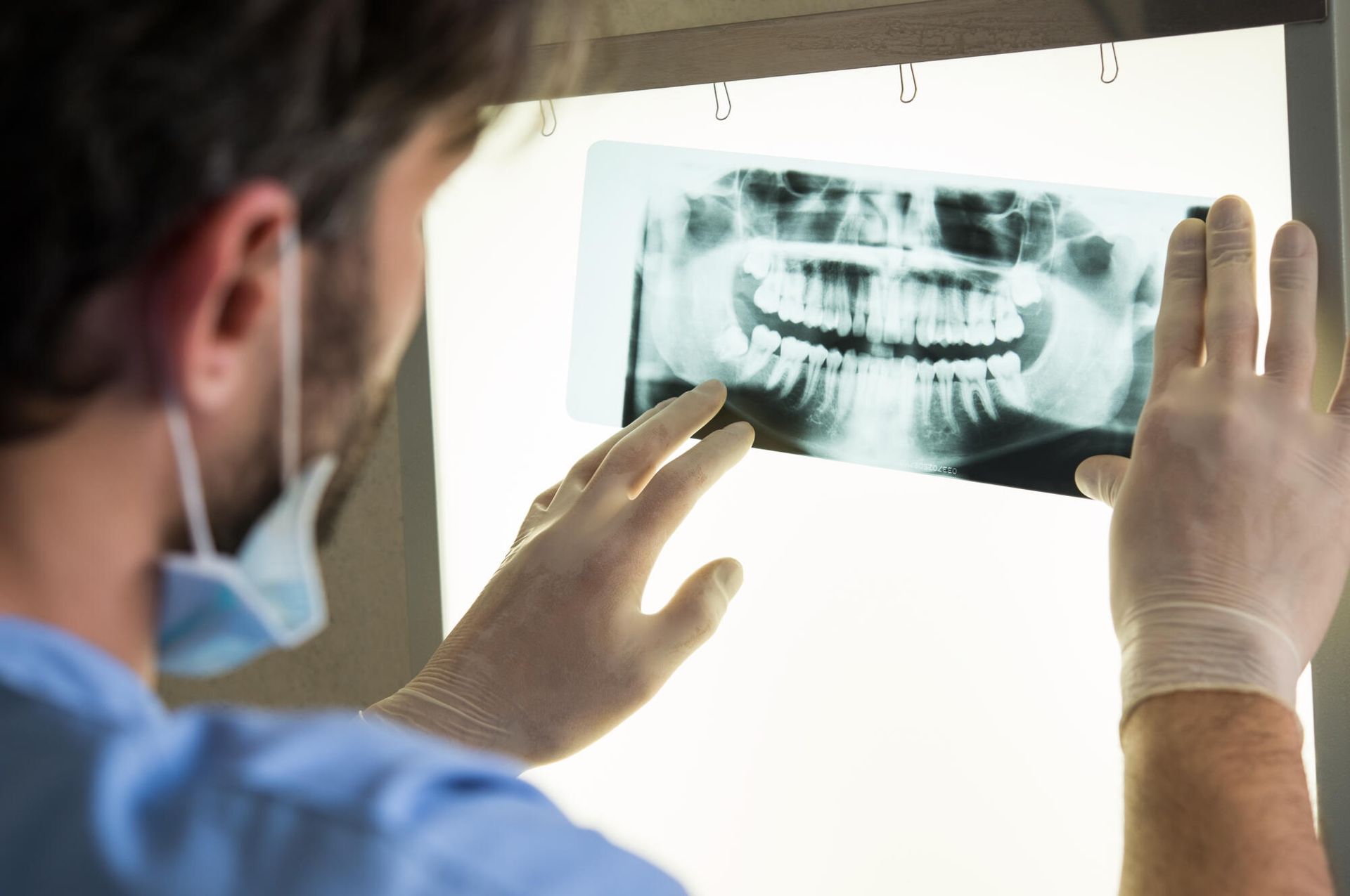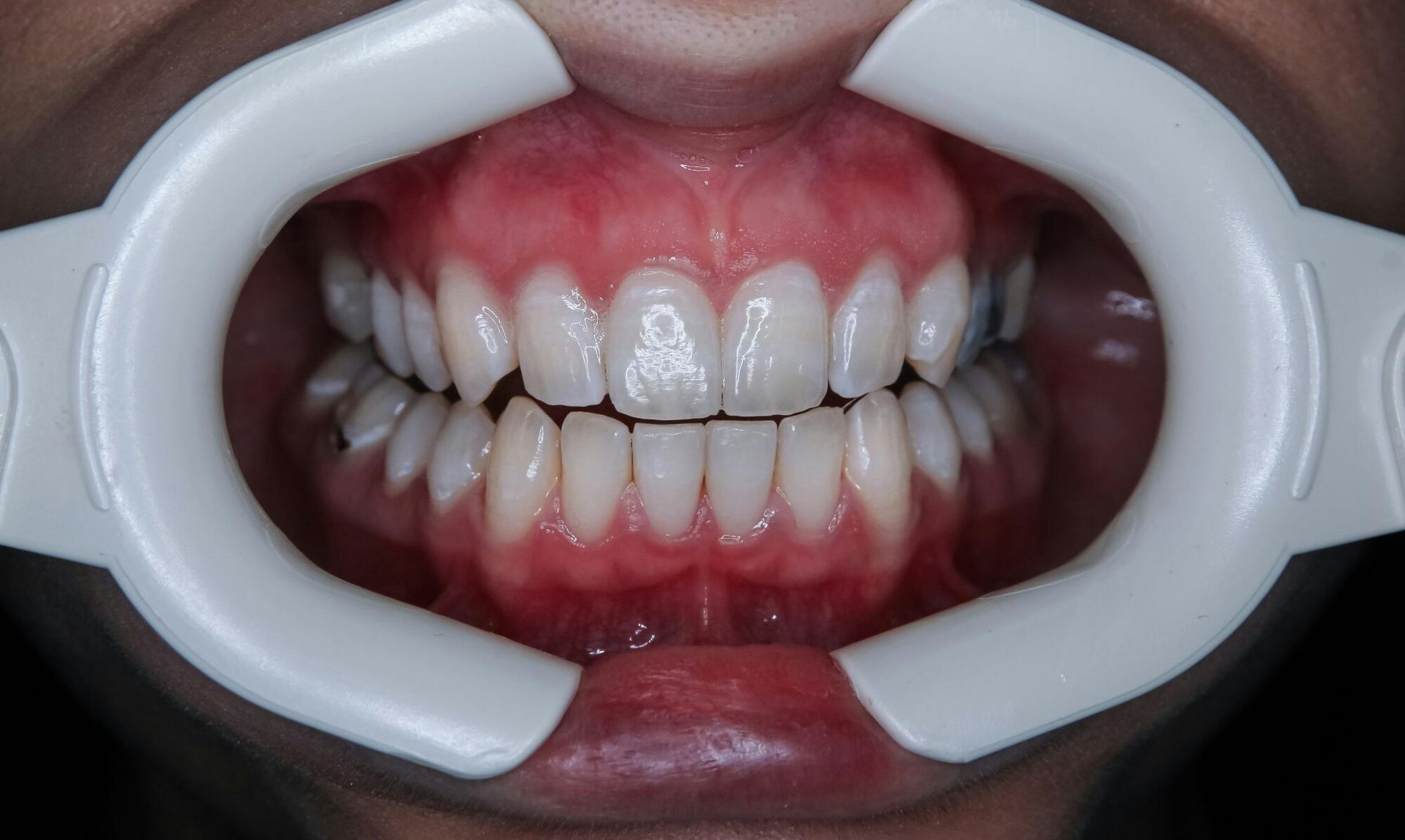Blog
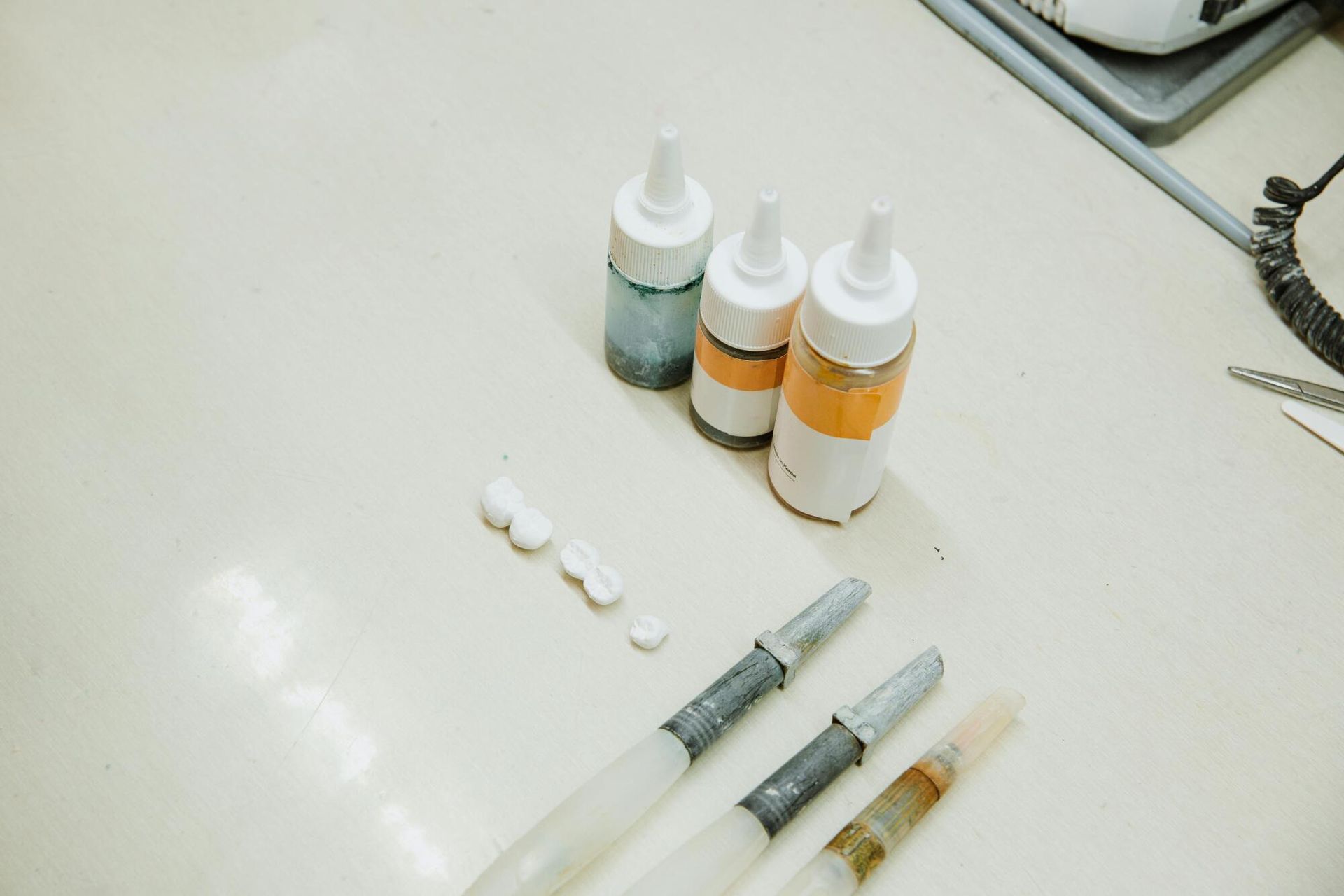
A recent study by Rojas et al. (2025) found that individuals who received implants as part of their treatment reported significantly improved comfort and quality of life compared to those who used dentures, highlighting the inherent benefits of implants. However, implants are no longer limited to single-tooth installations, as you can now receive an All-on-4 implant, which replaces an entire arch of teeth. With both dental implant options available, which one is best for your needs? Let us help you make that decision. Below, you will find information on single implants vs arch reconstruction, including: Types of implants offered by TERSA Oral and Facial Surgery The benefits of each option How the dentist determines suitability Step-by-step walkthrough of the procedure Healing timelines Learn what each requires, as well as its costs. Our expert guidance can help you decide which dental implant option is best for you when you come for a consultation with us. Dental Implant Options Offered by TERSA There are several different types of dental implants that TERSA offers to our clients, all of which provide different benefits, including: Treating traumatic dental injuries Offering All-on-4 full-arch implants Using guided surgery with computerized scans Individual dental implants Single-tooth implants are ideal for individuals who have only a single missing tooth, provided all adjacent natural teeth are still healthy. This means that we can focus purely on the single area and also try to recreate the bone's interaction with its previous tooth as much as possible. Through mimicking the root with the implant itself, you also preserve the jaw's density . These need minimal preparation compared to many other processes. However, if you have more than one or two teeth that need replacement in this way, it may be wise to explore alternatives . Why the Dentist Needs to Assess Suitability Dr. Guerra has gained a great deal of knowledge over his 15 years of education , as he discussed with Laker/Lutz News, which he applies to every patient, ensuring that you receive the highest-quality care possible. For example, he will start by imaging the area where the implant will be placed, as well as assessing local nerves and sinus cavities to ensure that the implant will not interfere with them. By reviewing your medical history, he can also discuss various risk factors with you that may impact bone healing, such as diabetes or a history of smoking, helping you avoid complications . The doctor also has a keen understanding of the mechanics of an implant. He will want to ensure that your implant can withstand functional forces, such as chewing, without overloading the surrounding tooth and jaw. This means he has the experience to discuss the issue with you in great detail . Preparing Yourself for Surgery After consultation, and if you choose to go under IV-sedation, be aware that your surgery will require you to not eat for around six hours before the surgery, and not drink anything for two hours before. If the dentist has any specific other requirements or recommends a different amount of time, he will inform you. The dentist may also request that you take other steps , such as: Using a mouth rinse beforehand to reduce mouth bacteria Scheduling your work so that you only have light duties for up to 72 hours after the surgery Arranging a driver to take you home or ensure you can travel for a day after surgery Ensure you have already collected any necessary medication Step-By-Step Dental Implant Procedure During the surgery, the dentist will administer a local anesthetic to ensure that the area is numb and unable to feel the effects of the surgery. However, they may also offer you sedation to ensure your comfort . After you are appropriately prepared, they will make a careful incision to expose an area of your gums and jawbone, then carefully create a space in which to insert a small titanium implant . After the implant is in place, they will suture the space closed, allowing the gum to heal and the jaw to start accepting the titanium post. Once the surgery is completed, you will need to wait up to three or four months for your jaw to adapt to the existence of the post. It will undergo a period of "osseointegration", in which your body will start building natural structures around it and your bone fuses with it, preventing the implant from moving. Healing Timeline for Working Floridians While every individual is different, you should expect the timeline to look something like this: Day 1: Apply an ice pack to your jaw after surgery, and expect mild swelling. You may also experience discomfort, so be sure to have painkillers available. Avoid solid food if possible, and be cautious if not. End of week 1: At this point, you can switch to softer foods, such as yogurts and smoothies, or you can try to chew foods carefully, so long as you keep them on the non-surgery side of your mouth. End of month 1: Attend a check-up for your implant so that the dentist can ensure your body is accepting it. End of month 3: You should return to the dentist for the installation of a custom crown around this time. They will ensure that the shape and color of the implant matches the rest of your mouth, which ensures that the implant is both aesthetically pleasing and comfortable. The process may take more than one appointment, as the dentist must scan your gums and jaw following the surgery to ensure they get the shape of the crown correct. The dentist may request another check-up after one year, to ensure that everything is as it should be. Key Benefits of Dental Implants Dental implants are an excellent option for individuals concerned about their jawbone starting to lose volume. The additional load placed on the area due to eating and other activities will prevent atrophy, which is usually seen with missing teeth. An implant also acts just as your previous tooth did, ensuring that you can continue to chew with complete efficiency. It is also very common for them to survive for a significant period, with many lasting beyond the 25-year mark and into the remainder of someone's life. All-on-4 at TERSA One could think of the "All-on-4" as a "Denture implant". It is designed for patients with several failing or missing teeth, who would otherwise order a set of dentures but are worried about the upkeep and appearance of removable dental arches. Unlike a single implant, the All-on-4 system uses four angled implants that securely hold a large denture in place. These implants can even be used to hold a temporary denture between implant installation and the creation of the final arch. This way, you can have the benefits from day one that you would not have with a single-tooth implant. It also significantly reduces the cost of having a full row of single implants due to the reduced number of installations. Surgery Preparation Steps The preparation for an All-on-4 denture is similar to that of a single denture, except that it is more involved due to the dentist needing to check more areas in the mouth. However, they are also likely to check things that you would usually expect when doing a consultation for traditional dentures, like: Gum contouring Tooth proportions Full-mouth bite Residual root existence They will then create a custom-printed denture frame, using it to test your mouth's shape so that they can have a full denture immediately for surgery day. Additional Steps For All-On-4 Surgery Although the majority of the surgery is similar to four individual implants as described above, there are distinct differences: The dentist may remove other teeth to make way for the denture All implants will sit at different angles for more stability Postoperative scans will verify the alignment of the implants Advantages of All-On-4 Surgery As opposed to getting all of your teeth replaced, an All-on-4 implant will require you to have only four implants on which the denture sits. Fewer incisions and a reduced time taken mean that you can get a greater benefit more easily. The complete denture will also look perfectly natural, sitting comfortably in your mouth and secured by four posts that are angled to prevent slipping and reduce stress on each one. This option is ideal for individuals with slightly lower bone density who are still eligible for surgery. If you need a future upgrade throughout your life , such as a change in the material, you can also follow through with implant changes without as much hassle. The removal of old materials and replacement with new ones takes significantly less time, providing you with more options. Choosing Single-Tooth or All-on-4 Implants Whether you want to make use of a full arch or a single new tooth, Dr. Andrés Guerra of TERSA Oral and Facial Surgery is ready to bring his expertise to bear. In a procedure that demands precision, empathy, and in-depth knowledge, he will do everything necessary to ensure your comfort and confidence in the process. We are ready to discuss your dental implant options and schedule a consultation for you . Reclaim your smile and ensure you are happy with the person you see in the mirror today.

Missing teeth can affect more than just your appearance. They can also impact your ability to chew, speak (Journal of Clinical and Diagnostic Research), and feel confident in daily life. Fortunately, for residents of Lutz, Florida, dental implants offer a long-lasting and natural-looking solution to restore your smile and oral health. Whether you have recently lost a tooth or have worn dentures for years, understanding your smile restoration options can make a life-changing difference. In this local guide , we will cover everything you need to know about dental implants in Lutz - from how they work to what to expect during treatment, plus how to choose the right local provider for your needs. What Are Dental Implants? A dental implant is a small titanium post surgically placed into the jawbone where a tooth is missing . This implant replaces the tooth's root and provides a strong foundation for a crown, bridge, or denture. Over time, the implant fuses with the jawbone through osseointegration, which gives the restoration exceptional stability , unlike traditional dentures or bridges that rest on the gums. Dental Implants Benefits Dental implants are widely considered the gold standard in tooth replacement. This is true for several reasons. 1. Natural Look and Feel Implants closely mimic the function and appearance of real teeth. You can chew, speak, and smile without worrying about slippage or discomfort. 2. Long-Lasting Solution Dental implants can last 15 years or more, often a lifetime, with proper care, making them a cost-effective solution over time. 3. Preserve Jawbone Health When a tooth is lost, the surrounding bone can deteriorate over time. Implants stimulate the jawbone like a natural tooth root, helping maintain facial structure and prevent bone loss. 4. Improved Comfort and Confidence Unlike removable dentures, implants are fixed in place, so they feel secure. This eliminates embarrassing moments during meals or conversations. Are You a Candidate for Dental Implants? Most adults in Lutz who are in good general and oral health may be candidates for dental implants . Key requirements include: Healthy gums Sufficient jawbone density No active periodontal disease Non-smoker or willing to quit Even if you have been missing teeth for a long time, modern bone grafting techniques can often prepare your jaw for implants. A consultation with a local implant dentist in Lutz will include X-rays and possibly a CT scan to determine your eligibility. The Dental Implant Process: What to Expect Dental implant treatment typically occurs in several stages over a few months. Here is a Lutz, FL, dental guide : 1. Consultation and Planning You will meet with a dentist or oral surgeon for a complete evaluation . This may include digital imaging, health history, and discussing your goals. 2. Implant Placement The implant post is surgically placed into the jawbone. This procedure is often performed under local anesthesia; most patients experience only mild discomfort afterward. 3. Healing Period (Osseointegration) Over the next 3-6 months in Tampa, Florida , the implant fuses with your jawbone, creating a strong foundation. 4. Abutment Placement After healing, a small connector called an abutment is attached to the implant. This will hold the final crown or restoration. 5. Custom Crown or Restoration A dental lab will create a custom crown that matches the color and shape of your natural teeth. Once placed, your new tooth will look and function like the real thing. Types of Dental Implants Depending on your missing teeth, your dentist may recommend one of several implant options . Here they are: Single Tooth Implants This procedure is ideal if you are missing just one tooth. A single crown is placed on an implant post for a seamless restoration. Implant-Supported Bridges It is used when multiple teeth in a row are missing. Implants support the bridge rather than relying on adjacent natural teeth. Implant-Supported Dentures This is a great option for those who have lost all teeth in the upper or lower jaw . These dentures snap onto a few strategically placed implants for maximum stability. How Much Do Dental Implants Cost in Lutz? The cost of dental implants in Lutz can vary depending on: Number of implants needed Type of restoration (crown, bridge, denture) Need for bone grafting or sinus lift The experience and specialization of the dental provider An average dental implant (including the crown) can cost between $3,000 and $5,000. While this may seem like a significant investment, many Lutz dental practices offer: Payment plans Dental Financing Insurance coordination It is important to consider the long-term value— implants are more durable and require fewer replacements than bridges or dentures. Finding a Dental Implant Specialist in Lutz When selecting a dentist for smile restoration , look for the following: Specialized training in implantology or oral surgery Modern technology, such as 3D imaging or digital impressions Proven results, including before-and-after photos or patient testimonials Transparent pricing and treatment plans Compassionate care and good communication Consider starting with a consultation at a local practice to learn more about your options and see if you feel comfortable with the team. How to Care for Your Dental Implants Once your implants are in place, maintaining them is straightforward: Brush twice daily and floss around the implant crown or denture. Visit your dentist for regular checkups and professional cleanings. Avoid smoking, which can compromise healing and implant success. Wear a nightguard if you grind your teeth . With proper care, your implants can last for decades, giving you a confident smile and functional bite for years to come. A Smile Restoration to Last the Ages Dental implants have transformed how we approach tooth replacement, offering Lutz residents a permanent, natural-looking smile restoration solution to boost function and confidence. At TERSA Oral and Facial Surgery , Dr. Andrés E. Guerra-Andrade is uniquely qualified to give you the best dental treatment possible. We use the latest technological advancements and have experience with the most challenging cases . We will treat your condition with the minimum of pain and the fewest possible appointments. Do not wait to get dental implants to boost your smile. We are eager to help you discover all your oral health options.


